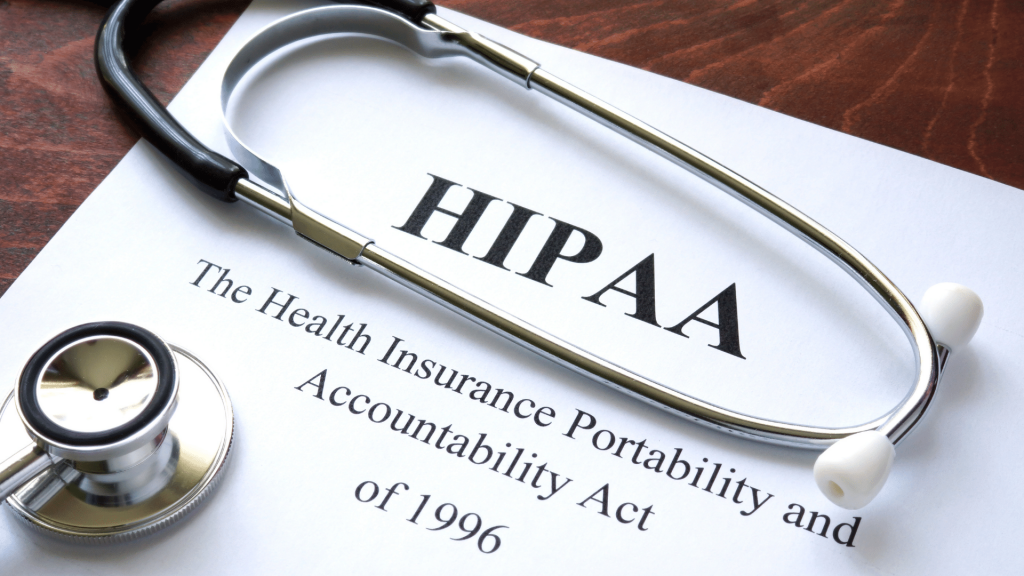An electronic signature, or eSignature, is a digital version of a handwritten signature that you can use to sign documents and agreements electronically. eSignatures facilitate the approval of documents in the healthcare industry, including consent forms, prescription orders, and insurance claims.
We’re here to show you the vast and potent possibilities of using electronic signature for eHealth. You’ll also learn several vital benefits you can achieve with the help of an eSignature platform. By the end, you will have learned valuable skills for applying Fill to your medical document workflow.
Top 5 Benefits of Implementing eSignatures in eHealth

There are several benefits to using an electronic signature solution for eHealth. Here are five of the most common advantages our analysis has shown.
Convenience
Electronic signatures allow for the quick and easy signing of documents from any location, as long as you have internet access. This can be especially useful for healthcare providers who often operate in different areas than their patients live.
eSignatures can also be helpful for healthcare providers who need to sign and approve documents remotely, such as when they are traveling or working from home. This helps streamline document signing and approval and allows for more efficient communication within the healthcare team.
It also has impactful benefits for end users. For example, if a patient needs to sign a consent form or insurance claim, they can do so electronically using their smartphone, tablet, or computer. This eliminates the need for the patient to physically go to the healthcare provider’s office or mail the document back and forth.
Security
Security is another fundamental advantage of implementing eSignatures in eHealth. The best eSignature apps today use encryption and other security measures to ensure that the document and signature are authentic. These services also ensure that signatures cannot be forged or altered.
Using eSignatures helps protect the confidentiality and integrity of the data, which is vital when for HIPAA-covered organizations handling protected health information (PHI).
Look for an online service that provides at least 256-bit military-grade encryption for maximum peace of mind. It should also help you protect your keys and deter fraud with sophisticated features like multi-factor authentication and signer ID verification.
Speed
Digital signature for eHealth applications can speed up your document management, as they do not require physical signatures or the transfer of records through the mail.
A typical online service will let you sign documents and process them electronically, significantly reducing the time and effort required for traditional paper-based processes. This can be especially beneficial in a fast-paced medical environment where time is of the essence.
In addition, eSignatures can help to speed up the process of approving important documents such as consent forms or prescription orders. This can reduce turnaround time and improve the overall efficiency of healthcare systems.
Auditability
Auditability refers to the ability to track and verify the veracity of a process or transaction. In the context of an electronic signature solution for eHealth, it can provide evidence of the origins and authenticity of a document. Covered entities under HIPAA need a secure and tamper-evident record of the signature process.
Regular audits can hold misbehaving individuals accountable for their actions, as it allows tracking of who signed a document and when. This can be especially important in the medical field, where the accuracy and integrity of records are crucial.
Compliance
Data privacy laws such as HIPAA require that electronic transactions and records are protected and auditable. eSignatures can help healthcare organizations meet these requirements and demonstrate compliance.
It is crucial to ensure that electronic signatures are legally recognized and accepted in the jurisdiction where they are being used. In the United States, eSignatures are generally accepted as long as they meet specific requirements outlined in the Electronic Signatures in Global and National Commerce Act (the E-Sign Act).
Fill: The Best Electronic Signature for eHealth
Are you looking for an electronic signature solution for eHealth? If so, you should consider using Fill in your organization.
Fill uses advanced security measures to protect eSignatures, personal information, and sensitive documents. Plus, it’s compliant with regulations such as HIPAA, making it a safe and trustworthy choice for the healthcare industry.
Sign up for free now and integrate eSignatures into your eHealth business within minutes.




